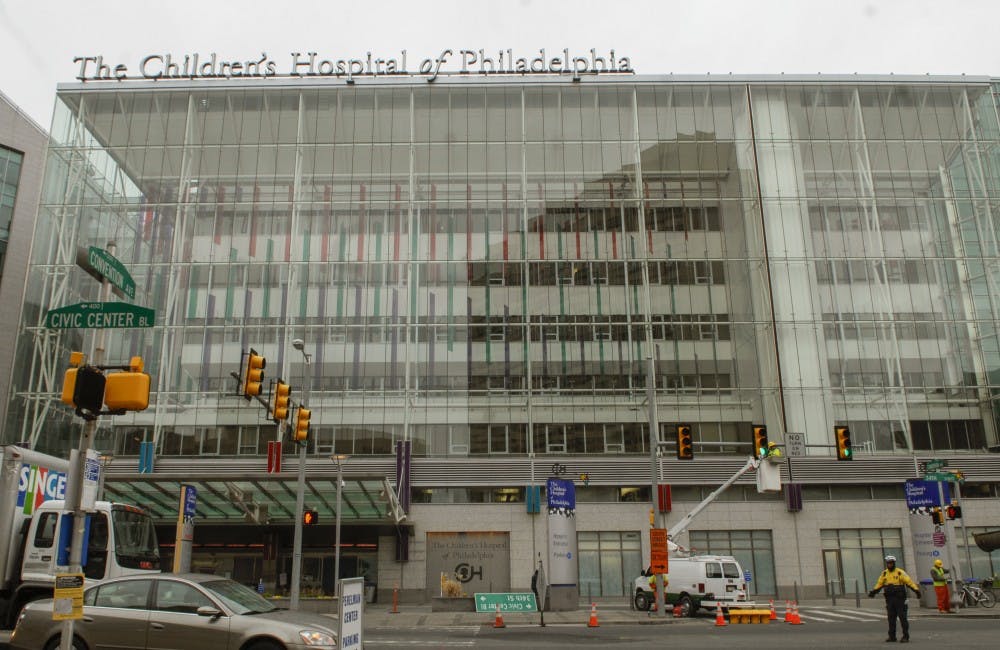
Over the past year, nearly 40 cases of a polio-like sickness have been diagnosed across the country — two of which were reported right next door to Penn at the Children’s Hospital of Philadelphia.
The puzzling condition, known as Acute Flaccid Myelitis, causes partial paralysis in children and bears a striking resemblance to polio. Symptoms of AFM can include weakness of the limbs and trouble with movements of facial muscles.
The Center for Disease Control and Prevention reported that 38 cases of AFM have been confirmed across 16 states including Pennsylvania. In addition to the pair of cases at CHOP, three cases are also being treated in Pittsburgh, 6ABC reported.
The CDC says that both the cause and long-term effects of the disease remain unknown.
“We do not yet know the long-term effects of AFM,” a CDC report said. “We know that some patients diagnosed with AFM have recovered quickly, and some continue to have paralysis and require ongoing care.”
Since Orville Young, a 4 year old in Minnesota, fell ill with a fever in July, CBS News reported, he has experienced difficulties moving his right arm — sometimes experiencing full paralysis — and was diagnosed with AFM.
"It is sudden onset of weakness in an arm, leg, face, or the muscles that help us swallow and we use to speak,” Dr. Amaran Moodley told ABC News.
In a similar case of AFM, Camden Stravers, a three and a half year old from Iowa, who was healthy just three months ago, can no longer support his head and suffers from partial paralysis in his arm, 6ABC reported.
The disease is not only limited to children. Twenty-year-old Hannah McNeill became paralyzed from the waist down several months ago, becoming one of the few adults to receive a diagnosis of Acute Flaccid Myelitis.
"I was trying to move my toes and my feet and nothing would happen," McNeill told ABC News. “Shoot, two months ago I couldn't walk now I can in my walker.”
The Daily Pennsylvanian is an independent, student-run newspaper. Please consider making a donation to support the coverage that shapes the University. Your generosity ensures a future of strong journalism at Penn.
Donate







